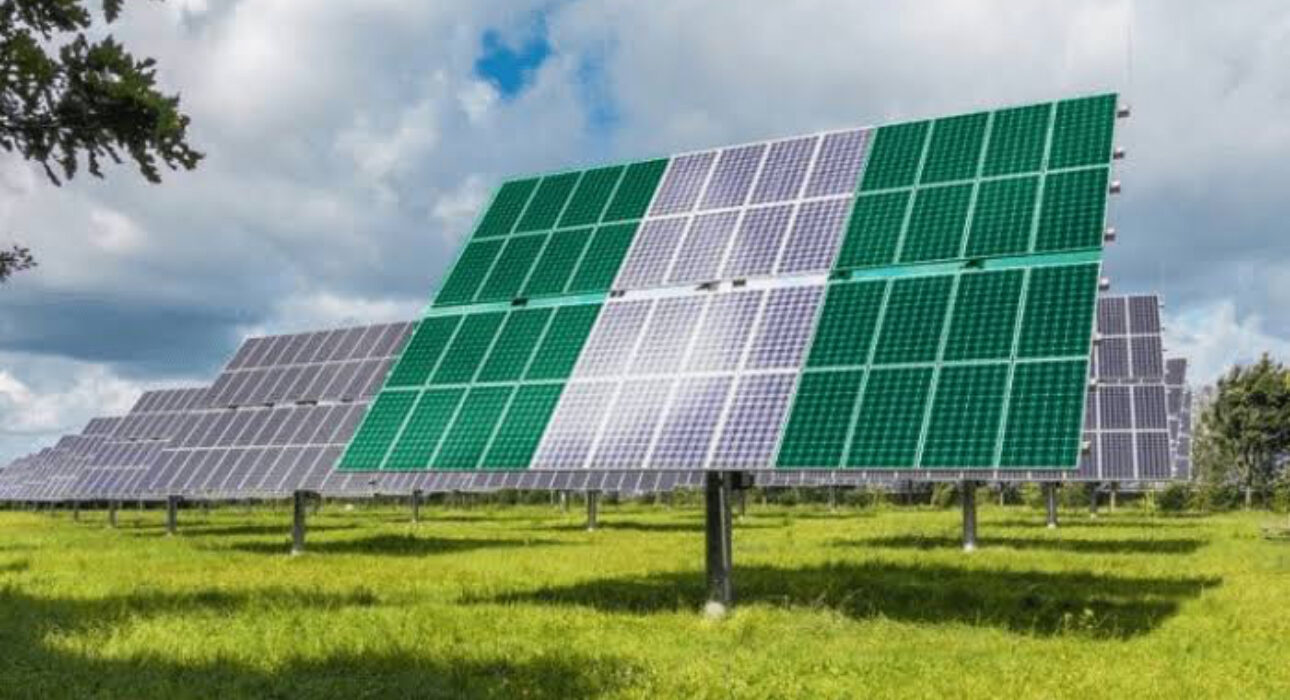₦47 Billion Yearly Power Bill Unsustainable, Says FG, Insists on ₦10 Billion Aso Rock Solar Project

The Federal Government has described the current annual electricity cost of ₦47 billion as “unsustainable,” justifying the approval of a ₦10 billion solar power installation project for the Aso Rock Presidential Villa.
The solar project, which forms part of the 2025 Appropriation Act, was approved by President Bola Ahmed Tinubu and is aimed at reducing the cost of governance, cutting dependence on the unreliable national grid, and promoting clean, sustainable energy at the seat of power.
Speaking on the development, the Director-General of the Energy Commission of Nigeria, Mustapha Abdullahi, emphasized that the move reflects the Tinubu administration’s commitment to energy efficiency, environmental responsibility, and long-term cost savings.
“We are spending about ₦47 billion annually on power, which is unsustainable. The solar installation at the Villa is part of a long-term strategy to improve energy resilience and reduce costs,” Abdullahi explained.
According to officials, the project is designed to ensure uninterrupted power supply, stimulate local job creation, and encourage innovation among Nigerian engineers and renewable energy professionals.
Despite the economic rationale provided, the announcement has sparked criticism from civil society groups and the public. The Human Rights Writers Association of Nigeria (HURIWA) condemned the move, calling it a “tacit admission of the national grid’s collapse.”
“While millions of Nigerians suffer from epileptic electricity, the government is prioritizing a ₦10 billion project for just one location,” HURIWA stated in a release, urging the administration to focus on improving the broader power infrastructure.
Critics argue that the solar project, though well-intentioned, sends the wrong signal about the government’s faith in the national electricity grid, which continues to face generation and distribution challenges.
The solar initiative is one of several steps being taken by the government to transition to renewable energy and reduce public sector reliance on diesel generators and the unstable grid.
It also aligns with Nigeria’s international climate commitments, especially efforts to reduce carbon emissions and invest in green infrastructure. Government sources suggest that similar solar projects may be rolled out across other federal institutions if the Aso Rock model proves successful.
The ₦10 billion Aso Rock solar project serves as a microcosm of Nigeria’s broader energy dilemma: a growing population, increasing energy demand, unreliable grid infrastructure, and limited progress on reforms.
While the government hopes this move will drive a culture of sustainable energy adoption and operational efficiency, many believe it should not come at the expense of long-overdue investments in national power generation and transmission systems that serve the entire population.








